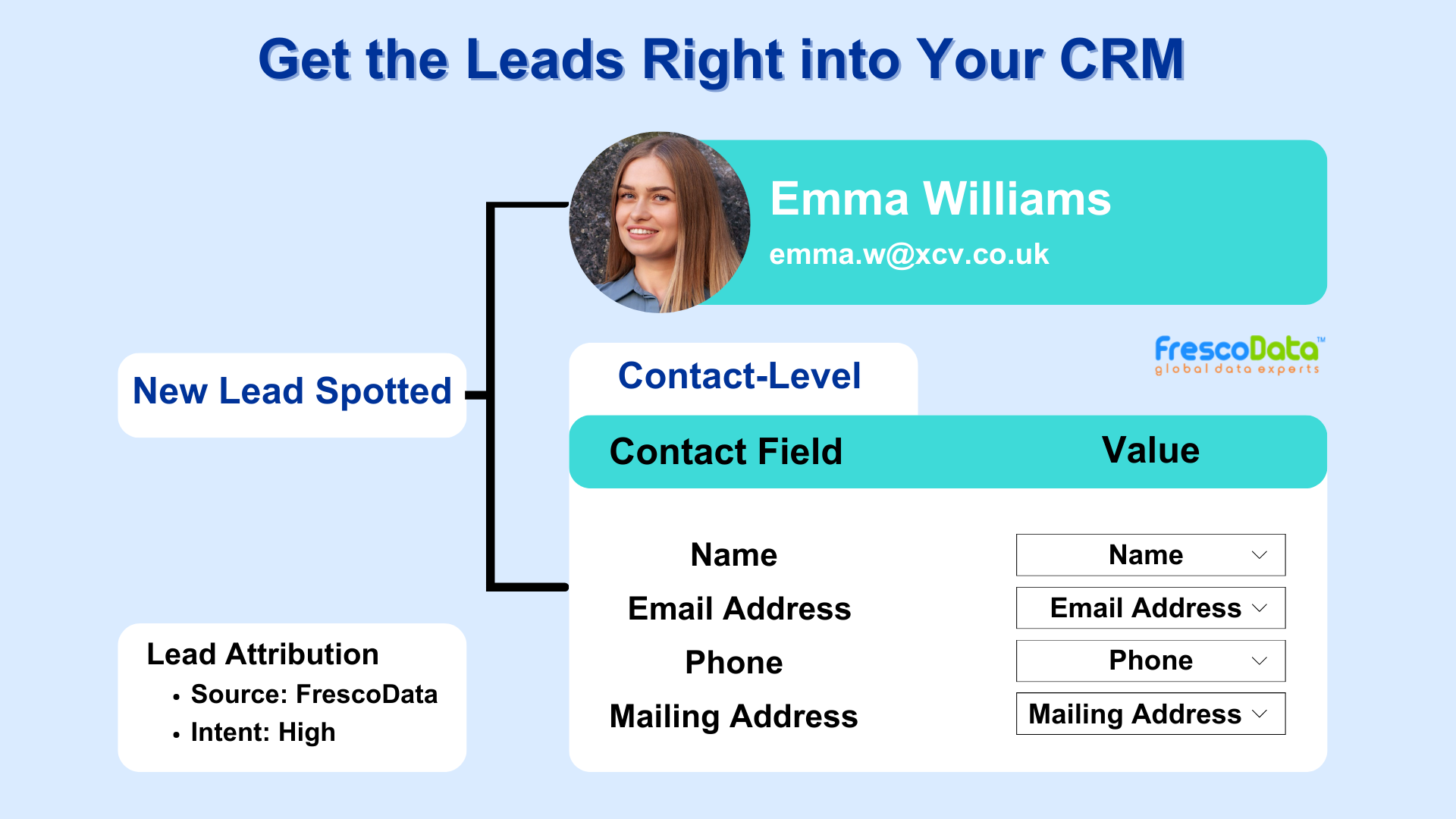-
Definition
-
Key Components
-
Facets
-
Filtering Options
-
Multi-Faceted Filtering
-
Dynamic Updates
-
Hierarchical Structure
-
Search Result Counts
-
Clear Navigation Path
-
Benefits
-
Enhanced User Experience
-
Precision and Relevance
-
Flexible Exploration
-
Quick Decision-Making
-
Optimized for Large Datasets
-
Supports Complex Queries
-
Reduced Information Overload
-
Examples
-
E-commerce Websites
-
Online Libraries
-
Job Search Platforms
-
Real Estate Listings
-
Travel Booking Sites
What is Faceted Search?
Faceted search, also known as faceted navigation or faceted browsing, is an advanced search and filtering technique used in information retrieval systems, databases, and websites to enhance the user’s ability to refine and narrow down search results. The approach involves categorizing information into multiple attributes or facets, allowing users to filter, navigate, and explore content based on various criteria simultaneously. Each facet represents a specific dimension or characteristic related to the data, enabling users to perform more refined and targeted searches.

Key Components of Faceted Search
Facets
Facets are individual attributes or categories by which information can be classified. Examples of facets include product categories, price ranges, publication dates, author names, or any other relevant dimensions.
Filtering Options
Users are presented with a set of filtering options within each facet. These options act as filters that users can apply to refine their search results based on specific criteria.
Multi-Faceted Filtering
Users can apply filters across multiple facets simultaneously. This allows for complex and refined searches, narrowing down results based on various attributes in combination.
Dynamic Updates
As users apply filters, the search results dynamically update to reflect the refined set of items that meet the specified criteria.
Hierarchical Structure
Facets are often organized in a hierarchical structure. For example, a “Category” facet might have sub-categories that users can explore for more granular filtering.
Search Result Counts
Users can see the number of results associated with each filter, providing a sense of the impact of applying specific criteria.
Clear Navigation Path
Users can easily understand their search journey and the applied filters, allowing for transparent and intuitive navigation through the faceted search experience.
Benefits of Faceted Search
Enhanced User Experience
Faceted search provides a more user-friendly and intuitive way for users to navigate and refine search results, reducing the time and effort required to find relevant information.
Precision and Relevance
Users can precisely filter results based on specific criteria, leading to more relevant and targeted search outcomes.
Flexible Exploration
Users have the flexibility to explore information from different perspectives by applying multiple filters simultaneously.
Quick Decision-Making
Faceted search empowers users to make quicker decisions by efficiently narrowing down results to the most relevant options.
Optimized for Large Datasets
Particularly useful for websites or databases with large amounts of data, as it helps users navigate through extensive information more efficiently.
Supports Complex Queries
Users can formulate complex queries by combining filters across different facets, allowing for a more nuanced and sophisticated search process.
Reduced Information Overload
By providing a structured and organized way to explore information, faceted search reduces information overload and helps users focus on what matters most to them.
Examples of Faceted Search
E-commerce Websites
Users can filter products by categories (e.g., electronics, clothing), price ranges, brands, customer ratings, and other attributes.
Online Libraries
Users can filter books or articles by author, publication date, genre, language, and other criteria.
Job Search Platforms
Job seekers can refine search results based on job type, location, salary range, industry, and other relevant facets.
Real Estate Listings
Property search platforms allow users to filter properties based on criteria such as location, price range, number of bedrooms, and amenities.
Travel Booking Sites
Users can refine their travel options by filtering results based on destination, travel dates, accommodation types, and budget ranges.
Stay Updated
Recent Blogs

3 Reasons to Buy Email List
Are you hesitant to buy email list for your business? Some would say buying an email list ...
November 18, 2024
Sales Follow-up Email After No Response!
70% of sales reps don’t follow up with prospects after no response. (Source) Are you...
September 2, 2024
5 CTV Advertising Tips to Get The Most Out of It
Connected TV has opened up many interesting opportunities for advertisers, allowing them t...
August 27, 2024